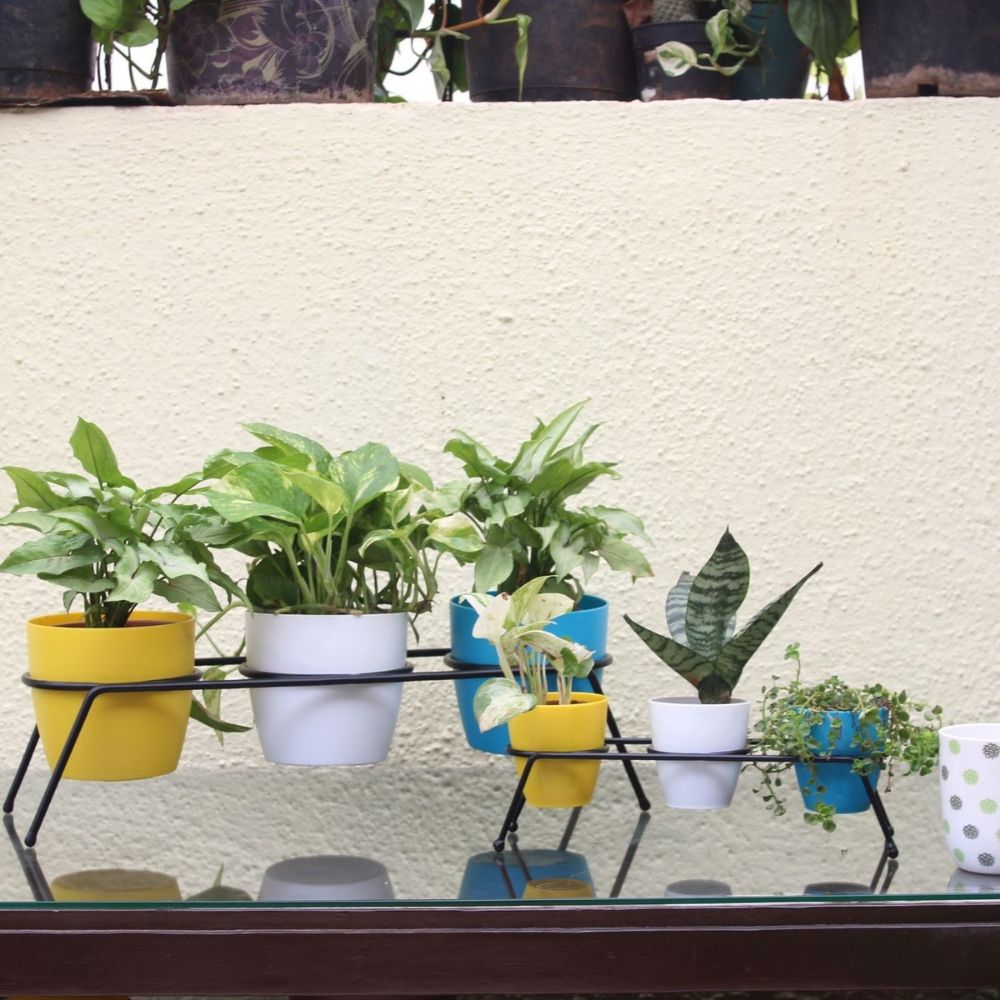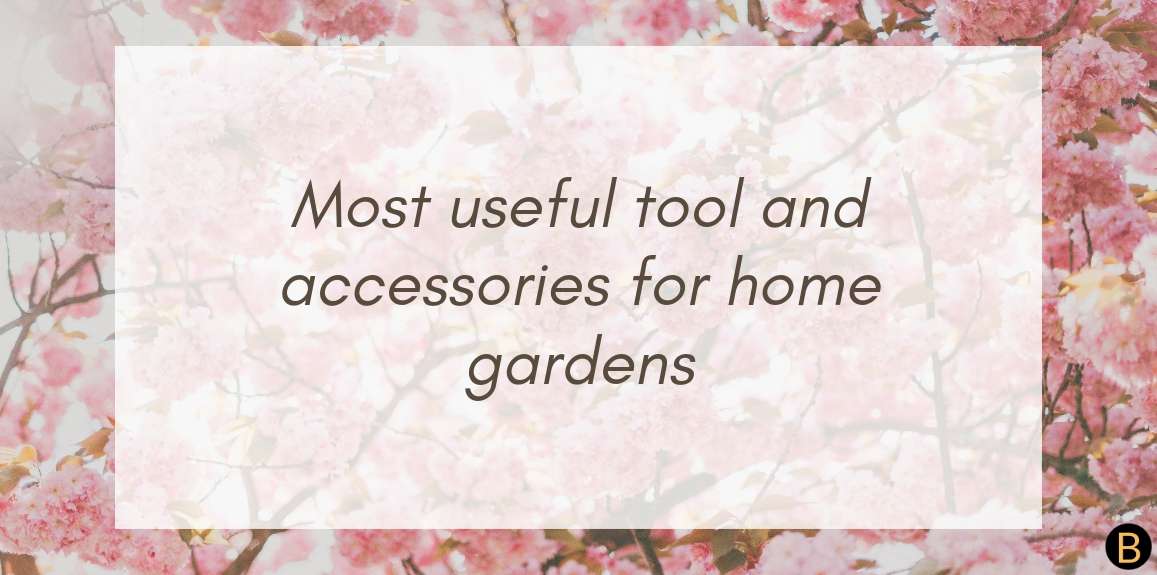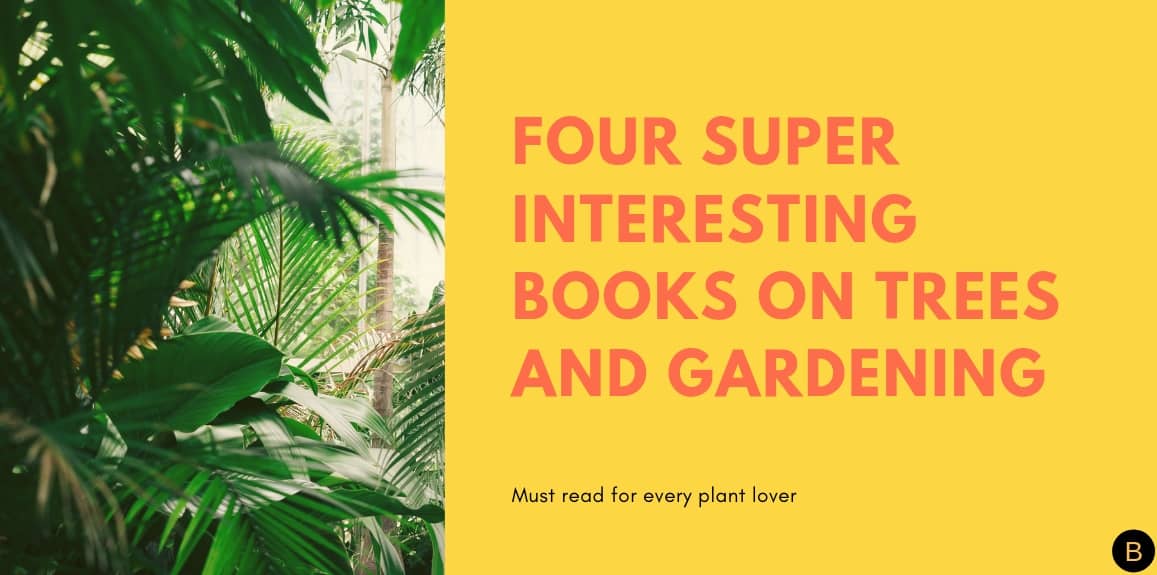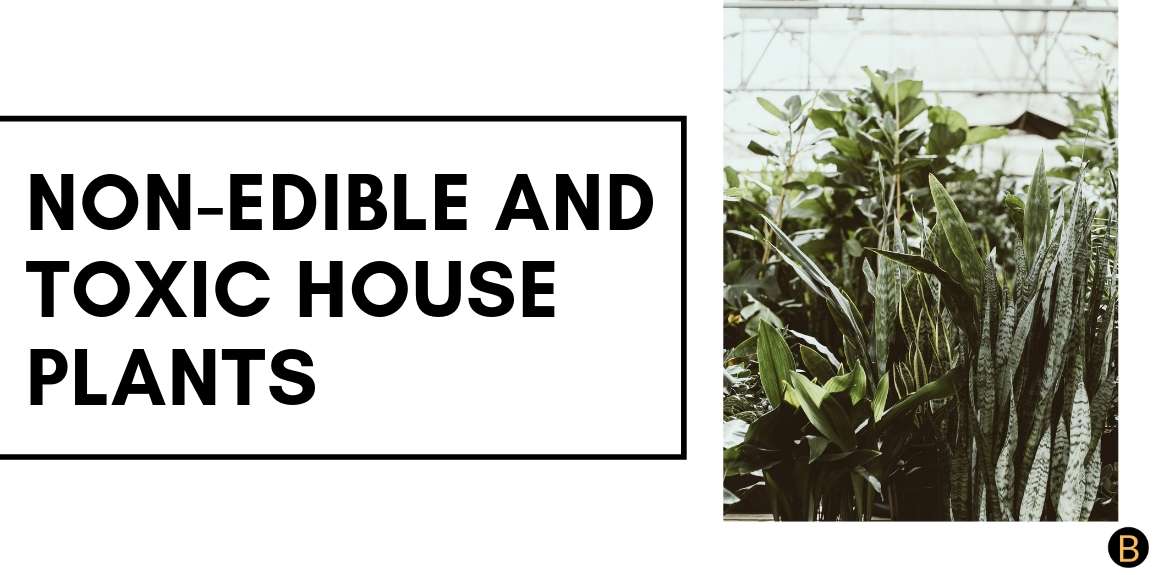Four magic ingredients of a lush garden
By Ankur Tiwari | June 20, 2019
Bonus: Free download season wise list of vegetables to grow in your gardens
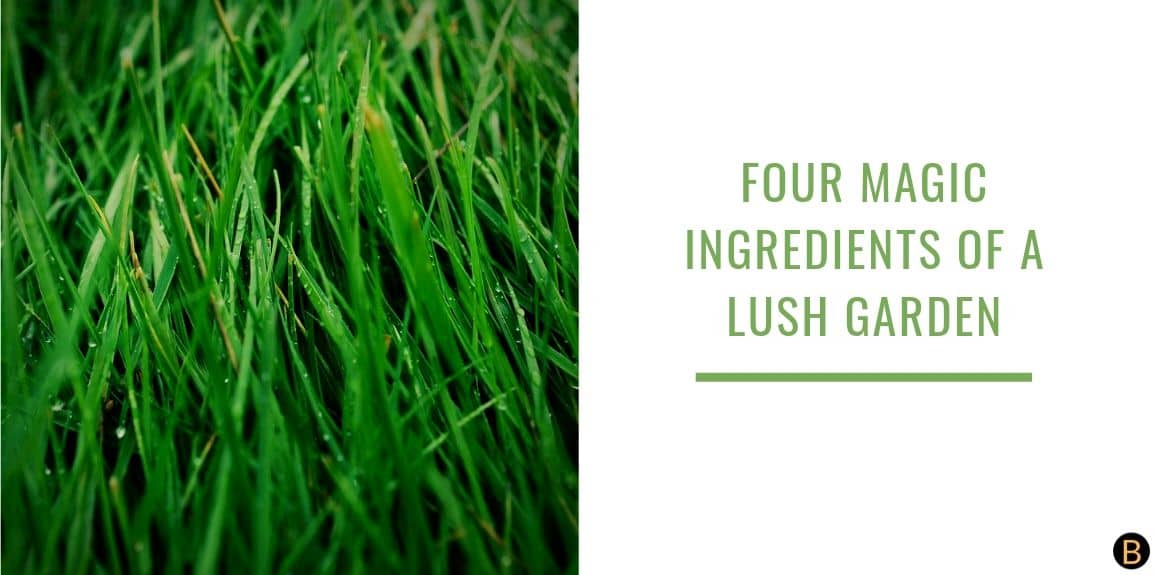
We have improved many home gardens by adding these magical ingredients. We could not believe how simple and low cost the process was. We thought it has to be something complicated and too 'sciency'. We will tell you the magical powers of these ingredients so that you can grow your garden without wasting time, money and energy.
Magical Ingredient 1 : Healthy Soil
Soil is the mother. A healthy soil gives birth to healthy and happy plants. These happy plants grow well and strong.
Plant get nutrients for their growth and development from soil. Roots absorb nutrients from soil and transmit them to different parts of the plants.
Soil in itself is a living medium; millions of micro-organisms thriving on organic matter and continuously producing pure nutrients for growth of plants. Though use of chemical fertilizers and pesticides destroy this system.
Major nutrient required by plants are Nitrogen, Phosphorous and Potassium. All Indian soils are generally rich in Potassium. Decomposed cow-manure is the excellent source of Nitrogen. Steamed bonemeal is good organic source of Phosphorous.
It is very difficult for a plant grown in healthy organic soil to get affected by diseases and pests. They can easily protect themselves against diseases and pests.
We have written a detailed step-by-step article on creating organic soil mix at home. Link is given below.

Magical Ingredient 2: Clean Water
Clean water is the second magical ingredient which can drastically improve the growth of plants. Irrigation water should not be hard water. Water which contain excess amounts of salts like calcium and magnesium is called hard water.
These dissolved salts are collectively called Total dissolved solids (TDS). These TDS have tendency to move in the direction of water. So if they are present in the water and reached to the garden soil, they will over time move towards the plant roots and accumulate there. This will make it difficult for roots to absorb useful nutrients from the soil. Eventually making the plant nutrient deficient. This can happen even if enough amount of fertilizer is applied to the soil.
A good way to test water quality is to use a TDS meter. A TDS meter when submerged in a water sample will give a TDS level reading. For gardening, appropriate TDS level range is around 400 -800 for Indian conditions.
TDS level of water can not be changed by simple filtering. We will have to use techniques like reverse osmosis. However, in practice, it is not cost effective to try reducing the TDS level. A usual practice among horticulture specialist is to alter the fertilizer mix to counter the effect of high TDS in water. Exact process and science of doing so is a lengthy topic. We will in future cover it in a separate article.
Appropriate watering, neither less nor in excess, is an art learned over time by observing plants. Once learned it will improve the plants health.
A simple trick we use is to check the top soil using a finger. If the top soil seems dry upto a depth of 1 inch from the top, we water the plant. Remember, watering is a 'feel factor'. In our experience, potted house plants usually decay due to excess watering.
Time of watering is also important. We suggest to water your plants in evening around 5 pm. 'Deep watering' is another concept which we recommend. Deep watering means to water the plant fully till you see water draining out from the bottom and then do not water for next 1-2 days until you 'feel' plant needs the water.

Gardening knowledge, offers & discounts!
Magical Ingredient 3: Sunlight
To understand the importance of Sunlight for plants, go back to your childhood days, right into your primary school's science lectures. Remember learning something called 'Photosynthesis'?
Right, plants use Sunlight to make food for themselves. A lack of Sunlight means, lack for food. So these is no doubt that Sunlight is essential for a garden.
However, the requirement of food and hence of Sunlight depends on the metabolism of plants. Some plant like vegetable plants have high metabolism, need more energy (to bear fruits) and have short life span. For these plants, long hours of direct Sunlight is needed. For Indian conditions, a vegetable garden grown in terrace usually need around 6 hours of direct Sunlight. Leafy vegetables like Palak (Spinach) can grow well even under 3-4 hours of Sunlight.
Flowering plants like Roses have lower metabolism rate than vegetable plants. Their energy requirements are lower. Hence they can bloom well even under Sunlight of 4-5 hours.
Foliage plants which are also known as ornamental plants have even lower metabolism rate. They can grow even if they get only 2 hours of direct Sunlight. Some of these plants can even survive only in day-light (no direct Sunlight but bright day light).
What are Indoor plants anyways? Well, the term 'Indoor Plants' is a marketing term coined by nurseries to easily sell those plants which have low metabolism rate. Such plants require very less energy to grow. Hence they can survive without direct Sunlight, even indoors where these is only electric light available. But even these plants, will not survive indoors if the location where they are kept is dark and not brightly lit.
One must also keep in mind the ill effect Sunlight can have on plants which need low energy to grow. Such plants are best kept in partial shade, where they can get bright day light but not direct Sunlight. In nurseries, you will find such plants under Indoors Section.
For vegetable gardening, Sunlight is must. In our experience, a full 6-8 hours of Sunlight can almost triple the yield of veggies like Bhindi (Okra) and Bottle Gourds (Loki).

Magical Ingredient 4: Love
What we are going to say next is 'SCIENCE' and not emotional stupidity. Trust us on this.
Ecologist Peter Wohlleben in his book The hidden life of trees, in reference to life of trees in jungle, writes this - "Trees are like human families; tree parents live together with their children, communicate with them, support them as they grow, share nutrients with those who are sick or struggling, and even warn each other of impending dangers".
What does this tell us? Probably to treat our plants as family members, probably indulge with them like we play with our pets. Maybe trees are also our pets and need same level of emotional engagement to grow well in our homes.
In Jungle, plants live among 'their people and their community', this gives them a sense of belonging and build them up from within to protect themselves. Following excerpts from the book 'The Hidden life of Trees' makes it more clear.
"Four decades ago, scientists notices something on the African savannah. The giraffes there were feeding on umbrella thorn acacias, and the trees didn't like this on bit. It took the acacias mere minutes to start pumping toxic substances into their leaves to rid themselves of the large herbivores. The giraffes got the message and moved on to the other trees in the vicinity."
As we adopt new plants into our families, it becomes our duty to protect and love them with emotions and daily care..
People across the world have recorded their experience of talking daily to their favorite plants, only to feel more peaceful on a continuous basis.
In these times of fast changing world, where most of us are quickly loosing our natural instinct, Plants are still close to nature. They still like to give away all their wealth, their fruits to eat and their dead leaves for compost without any expectation of a return favor. This natural goodness makes them very effective companion.
Sometimes we learn to get complicated to protect ourselves from those who like to take advantage of others. But we enjoy and cherish the moments we had spent with loved ones, in our simplest most natural form, without any complex mind games.
Plants also respond to positive talks and motivation. There has been recorded incidences where a dying plant brought back to life by positive talks along with good care.
Maybe spending time with someone simple, selfless and ready to listen to our inner voice is the best therapy. Who else can classify for this better than your favorite plants?

Want to be notified when we publish a new article? Signup Here. Every small space like office desk, study table, living room, balcony or a window, can have a beautiful garden. Checkout BalconyOfJoy's Mini Gardens today!
Buying from country other than India? Visit our Etsy Shop.





